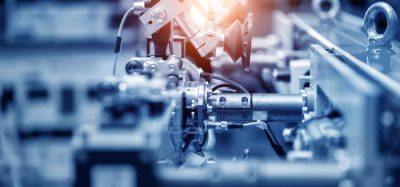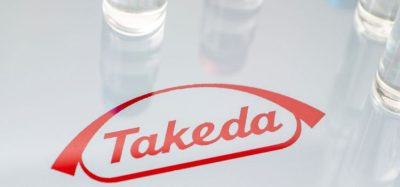Lilly AI factory to accelerate pharmaceutical manufacturing and development
Posted: 29 October 2025 | Catherine Eckford (European Pharmaceutical Review) | No comments yet
Pharma giant plans to harness its “decades of data” and use AI to set a new scientific standard that accelerates pharmaceutical innovation.


Credit: Maurice NORBERT / Shutterstock.com
In an industry-first, Eli Lilly plans to build the most powerful supercomputer owned and operated by a pharmaceutical company.
The supercomputer will power an “AI factory” that manages the entire AI lifecycle from data ingestion and training to fine-tuning and high-volume inference, according to Lilly.
The project is in collaboration with US technology company NVIDIA and its first DGX SuperPOD with DGX B300 systems. System-based communication runs on a single unified high-speed network.
Diogo Rau, Lilly’s Executive Vice President and Chief Information and Digital Officer said: “I don’t believe any other company in our industry is doing what we do at this scale. As a 150-year-old medicine company, one of our most powerful assets is decades of data. With purpose-built AI models and AI, we can set a new scientific standard that accelerates innovation to deliver medicines to more patients, faster.”
Leveraging an AI factory to boost pharmaceutical drug development and manufacturing
While the new supercomputer and AI factory will significantly expand the scope and sophistication of drug discovery efforts, Lilly also plans to leverage the supercomputer to shorten development cycles and accelerate access to medicines.
Other applications include using new scientific AI agents to help researchers in reasoning, planning and collaborating across digital and physical environments. Combining digital twins with NVIDIA’s robotic technologies could improve production efficiency and reduce downtime during manufacturing.
The supercomputer will run on 100 percent renewable electricity within existing Lilly facilities and use the firm’s existing chilled water infrastructure for liquid cooling. This aligns with Lilly’s goal to achieve carbon neutrality by 2030.
[Eli Lilly’s] shifting from using AI as a tool to embracing it as a scientific collaborator”
Thomas Fuchs, Lilly’s Senior Vice President and Chief AI Officer shared that the company is “shifting from using AI as a tool to embracing it as a scientific collaborator.
“By embedding intelligence into every layer of our workflows, we’re opening the door to a new kind of enterprise: one that learns, adapts and improves with every data point.”
This news builds on a separate manufacturing commitment by Lilly earlier this month—a $1 billion investment that is set to expand the firm’s capacity, supporting its planned reworking of its facilities worldwide. The pharma company will use the funds to establish a manufacturing and quality hub in Hyderabad and cover CMO collaborations.
Related topics
Artificial Intelligence, Big Data, Big Pharma, business news, Digital twins, Drug Development, Drug Manufacturing, Industry Insight, Research & Development (R&D), Technology, Therapeutics









